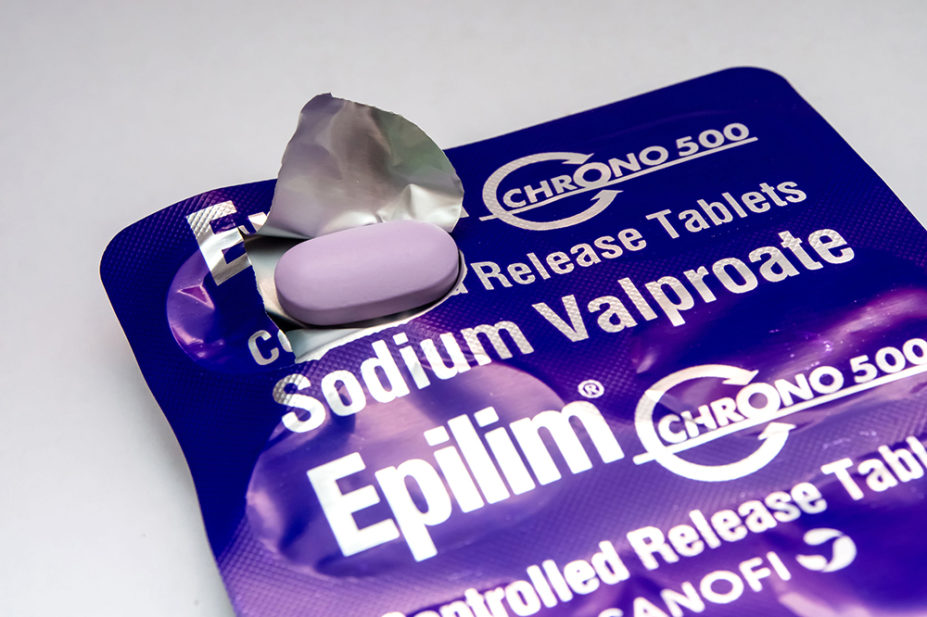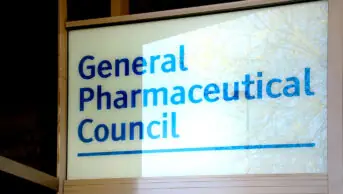
Alamy Stock Photo
Of the 6,800 pharmacy inspections carried out by the General Pharmaceutical Council (GPhC) since 2018/2019, just 14 failed because of a shortfall in relation to valproate and the pregnancy prevention programme (PPP).
The GPhC said that there had been 11 fitness to practise cases during the period 2018–2021 that were linked with registrant non-compliance with the PPP.
The Pharmaceutical Journal obtained the data under the Freedom of Information Act.
In 2018, the Medicines and Healthcare products Regulatory Agency introduced new regulatory guidance stating that if valproate was the only treatment option for women of childbearing age, they must be signed up to a PPP because of the risk of birth defects if the antiepileptic drug is taken during pregnancy.
The guidance said that anyone dispensing valproate must ensure that the medicines is dispensed with the accompanying patient information leaflet and in whole packs where possible, discussing the risks in pregnancy with female patients each time and ensuring they have all of the available information.
In line with this, when inspecting pharmacies GPhC inspectors check that pharmacy teams are following the requirements of the PPP for valproate when assessing if relevant standards have been met and, as a result, valproate and PPP are often mentioned within inspection reports.
Overall, there were 338 GPhC inspections carried out between 2018/2019 and 2021/2022 where standards were not met for the pharmacy overall, in which valproate and the PPP were mentioned in the inspector’s evidence. However, just 14 involved a standard not being met owing to an issue or shortfall in relation to valproate and the PPP.
Many mentions of valproate and PPP were in relation to notable practice, in which inspectors highlighted awareness of the PPP and measures taken to ensure patients in at-risk groups who are prescribed valproate are aware of the associated risks.
The figures from the GPhC are in contrast to findings from a survey carried out in 2020 by charities Epilepsy Action, the Epilepsy Society and Young Epilepsy.
The survey found that just under half of pharmacists were not discussing the risks of taking sodium valproate when dispensing the drug to women, and just over half of pharmacists were not providing a patient card warning of the risks.
Louise Cousins, external affairs director at Epilepsy Action, said the GPhC inspection results were “encouraging” and “hopefully” represented increasing awareness of the risks of taking sodium valproate during pregnancy.
“However, it is clear that there is still more that needs to be done to ensure that these conversations are happening at all levels of the health system, and that women and girls are receiving the necessary information to make informed decisions about their care and medication,” she added.
“There is also emerging evidence of the risks of taking other epilepsy medications during pregnancy. It is important that pharmacists are aware of this and that the historic mistakes made throughout the health system with sodium valproate are not repeated.”
Routine inspections were temporarily suspended as a result of the COVID-19 pandemic and therefore inspection numbers for 2019/2020 and 2021/2022 so far are significantly lower than previous years.
READ MORE: Half of pharmacists are not discussing risks of valproate with patients
For more information on valproate use in women and minimising the risks, view this CPD resource, developed by The Pharmaceutical Journal alongside Sanofi.


